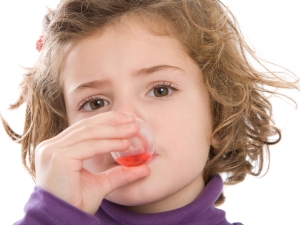
Adherence to HIV treatment regimens strongly predicts treatment outcomes; but part of the recommended first-line HIV treatment regimen for children under the age of three is difficult for many of them to take because it is bitter and, overall, not palatable. While some children strongly reject the drug, others readily accept the taste. Seeking clues about why this might be, the authors used a panel of adults whose taste-receptor genotypes had previously been defined, to document the range of individual differences in the taste and palatability of the liquid formulation of Kaletra and other taste stimuli, including common inactive substances.
The adult panelists rated taste sensations using generalized labeled magnitude scales to determine relationships between their genotype and their phenotype, or observable characteristics—in this case, their responses to taste. Several months later, the panelists were retested to assess the reliability of their responses.
Palatability ratings varied widely, from moderate like to strongest-imaginable dislike, and were reliable over time.The more panelists disliked the taste of Kaletra--finding it irritating and bitter--the more they also disliked the taste of its excipient ethanol or the bitter stimulus denatonium. Those who experienced less bitter and sweeter taste sensations had a different genetic signature than the other panelists. (Bitterness and irritation ratings of Kaletra varied by the orphaned bitter receptor gene [TAS2R60], whereas sweetness ratings of Kaletra varied according to the cold receptor gene [TRPM8],which is influenced by menthol, an excipient of Kaletra.) This is the first study to show that using an adult sensory panel holds promise as a first step to help us understand individual differences in the palatability of pediatric drug formulations--and the sources of that variation. In this era of increasingly personalized medicine, we need to develop psychophysical tools that indicate which drugs children will meet with such uneven acceptance.
Read the study in Clinical Therapeutics.